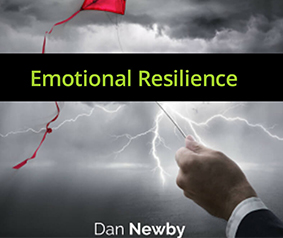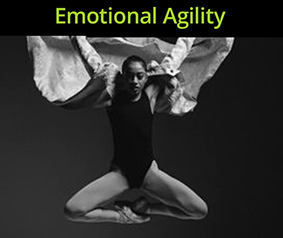Human beings have an incredible ability to think about the future. In fact, for most people, it is difficult not to. We think about what we will have for lunch, the drive home or what to do on the weekend. We are constantly imagining the future. It is a kind of planning but at the level of possibility. A funny thing happens though when we begin to believe that the possibilities we’ve imagined are real. When we move from thinking how the future “might” be to how the future “will be” or even “is likely to be”. That shift moves us into expectation. We begin to believe that our vision of the future we imagine is real. And sometimes, often unconsciously, we get attached to the future being that way. Then we have an imagined story evolving into an expectation of what reality “should” look like.
Disappointment as an emotion is triggered the moment we begin to realize that “our imagined future” and “the world” are not in alignment. We imagined a sunny weekend, and it is raining. We envisioned a significant raise and got less or nothing. We had hopes of a relationship with someone we are attracted to and find out they are not interested. Each of us lives a hundred examples each day. Some are small, and some are big, but they all occur for the same reason. Our expectations and reality don’t line up.
It is possible to accept this misalignment with equanimity or even amusement, but many people react with the emotions like frustration, anger, or irritation because they believe disappointment means that “something is wrong”. Often we blame reality for being wrong rather than our invented story.
So, I thought x would happen, it didn’t happen, I realized it, I feel disappointment, and I blame the other person or the world for being “wrong.”
Sound familiar?
If we want to navigate disappointment constructively how can we? Sometimes it doesn’t seem like it but we have lots of choices, and they all depend on what emotions or moods we have access to. If we can shift to acceptance, we will find ourselves centered and ready to make a new plan. If we decide on tolerance, we’ll put up with the situation until it changes. Or we could choose denial and pretend that our perspective is correct and the rest of the world is wrong. We have options.
Every part of life shows us over and over why listening to and understanding our emotions is one of the best investments of time we can make. Otherwise, we are lost in an emotional tar pit that will keep us trapped and unable to take the steps we need to move forward.
How often do you feel disappointment? What is your practice to navigate it constructively? Join a live conversation to help demystify emotions and expand your range of possibilities. Questions? Write to me at dan@schoolofemotions.world.



I generally try not to indulge in feeling disappointment and especially so if the outcome is one that I have little control over. For example, what is the point of setting an expectation for something that someone else is in charge of?
Most times I feel disappointed in myself I can let it go. If I wasn’t able to perform at some level that I wish to, I can recognize the other contributing factors I was dealing with. Generally speaking I do the best I can in all circumstances. Sometimes my best is an outstanding effort and sometimes it is very minimal but as long as it is my best at the moment, disappointment is not part of the scenario that I consider. Furthermore, when others are involved I can imagine that they are performing to the best of their abilities too.